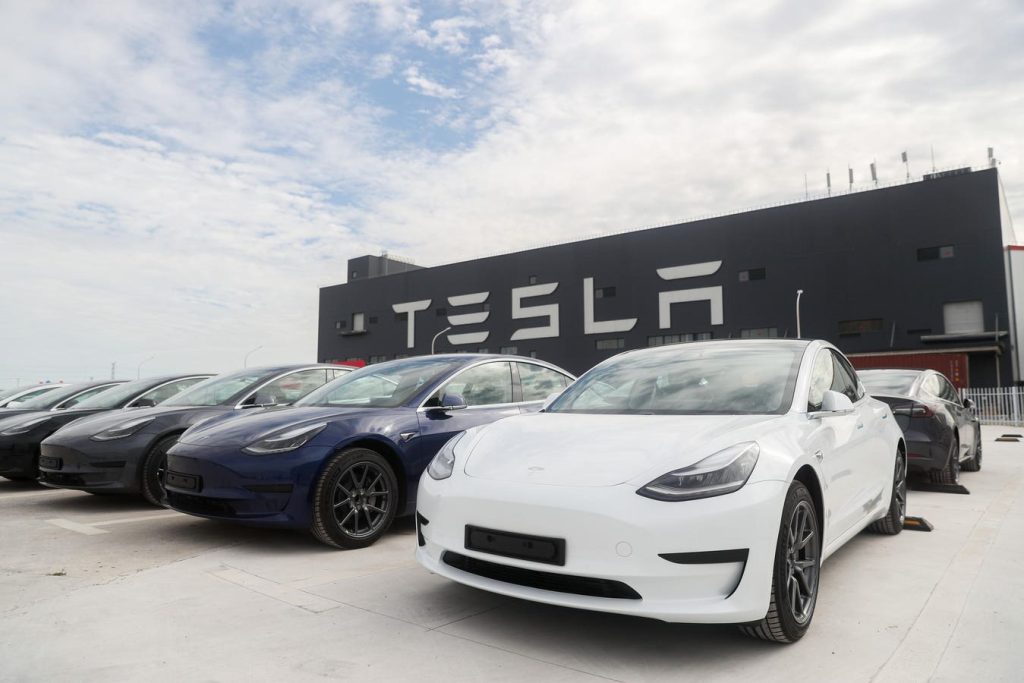Tesla is recalling over 125,000 cars in the U.S. due to a software issue that affects the seat belt warning system. This increases the risk of injury in a crash, leading to a total of 2.5 million recalls issued by Tesla this year. The affected models include the Tesla Model S, Model X, Model 3, and Model Y manufactured between specific years.
An investigation discovered that the affected cars were equipped with a seat belt warning system that did not provide the necessary signals for drivers to fasten their seat belts. This included a continuous or intermittent audible signal for four seconds and a visual signal for at least 60 seconds. Tesla has not reported any collisions, fatalities, or injuries related to this defect, but has identified 104 potentially related warranty claims.
In response to this issue, Tesla will issue a free over-the-air software update to the affected vehicles in June. This update will remove the dependency on the driver seat occupancy sensor from the software and rely only on the driver seat belt buckle and ignition status to activate the necessary signals. This aims to address the problem and improve the safety of the vehicles on the road.
This recall adds to the total number of vehicles Tesla has recalled this year, bringing it to 2.5 million across six recalls. This makes Tesla the second automaker with the highest number of recalls in the U.S. this year, following Ford with over 3 million vehicles recalled in 26 recalls. The previous recalls by Tesla included issues with Cybertruck pickups, small font sizes on warning panels, and a software issue affecting the rearview camera.
The National Highway Traffic Safety Administration (NHTSA) has requested additional data from Tesla regarding its Autopilot software. This comes after concerns that a previous recall did not fully address issues with the system. If Tesla fails to comply with the NHTSA’s investigation into Autopilot, the company could face significant fines of up to $27,168 per violation, or up to $135 million in total. This ongoing scrutiny suggests that Tesla will need to address these concerns to ensure the safety of its vehicles and regain the trust of regulators and consumers.


